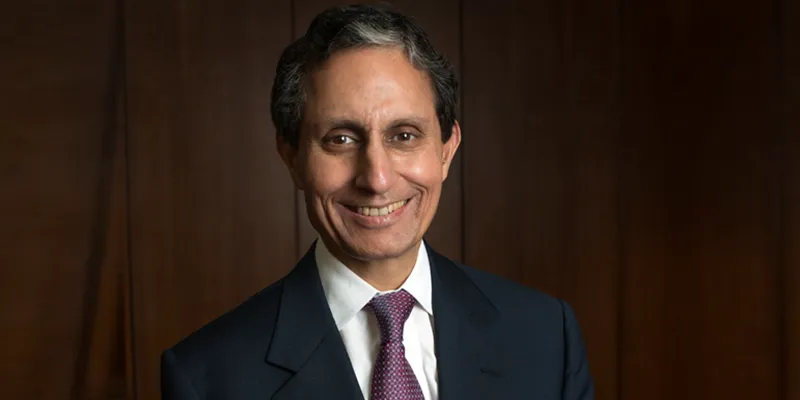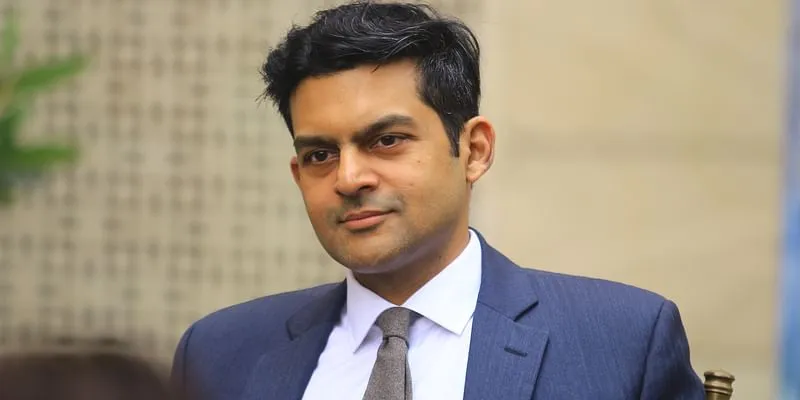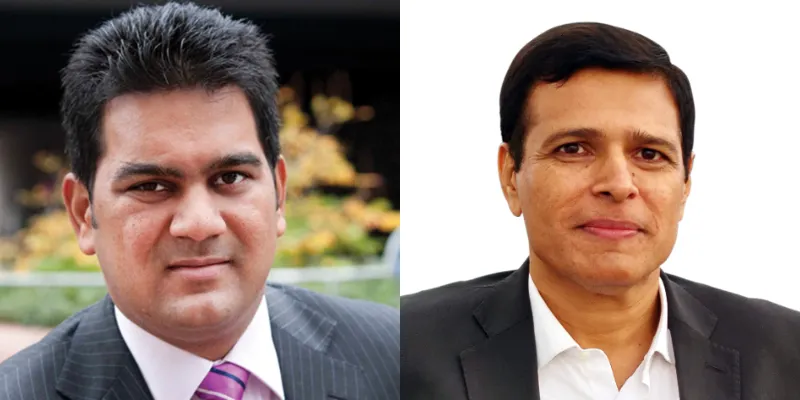Independence Day: 5 swadeshi brands that gave India the freedom to dream big and succeed
This Independence Day, SMBStory lists five homegrown brands founded before India became a free country and have today grown into some of the biggest and most respected brands.
A century’s rule by the British stripped India of its resources and the potential to explore economic and business growth. However, some individuals were thinking way ahead of their time to make this country self-reliant or ‘Aatmanirbhar Bharat.’
This Independence Day, SMBStory lists five homegrown brands founded before India became a free country and which have now gone on to become some of the biggest and most respected brands.
NBC Bearings

Chandra Kant Birla, Chairman, CK Birla Group
Bearings, small and large, are widely used in the automotive and industrial sectors as it reduces the friction between moving parts, thereby achieving the desired motion in machines.
In the pre-independence era, this essential component was imported from abroad, causing distress to domestic manufacturers. In a bid to make an ‘Aatmanirbhar Bharat’, BM Birla started a bearing-manufacturing company called the National Bearing Company Limited (NBC) in 1946.
NBC — which was later changed to National Engineering Industries (NEI) — was started with a single production unit in Jaipur. In 1950, the company began manufacturing 30,000 cylindrical roller bearings, which it supplied to the Indian Railways.
Over the years, NEI has become a global bearing manufacturer and exporter out of India, clocking Rs 2,511 crore turnover in FY19.
At present, it manufactures about 20 crore bearings in 1,450 sizes in a year from five manufacturing units spread across Jaipur, Gujarat, and Haryana. In fact, the production facility in Newai, Jaipur, was started as an all-women unit in 1980.
Metro Shoes

Farah Malik Bhanji, CEO, Metro Brands Ltd
Malik Tejani was a shoe salesman during the pre-independence era and used to work at a store in Colaba, Mumbai. When India became independent, the owner of the store had to leave the country owing to the crisis caused by Partition.
An extremely passionate salesman, Malik took a loan from a well-wisher and bought the store in 1947. He named the store Metro Shoes, derived from the popular Metro Cinema in Mumbai.
Today, Metro Brands Limited is one of the most well-known footwear brands in India, selling across different categories for men, women, and children. After Malik Tejani, his son Rafique Malik took over at the age of 16, and today, Malik’s granddaughter Farah Malik Bhanji runs the family business as its CEO.
Farah recalls how much the business has changed since the time of her grandfather, for whom, she says, selling shoes was both an art and a fun activity. She says that Malik was always instantly recognised by customers, who came from different parts of the country. But now the focus has shifted from personality to personalisation due to a push for customer engagement.
“I have never seen a time in my life when the customer has been so important as is the case today. It has also become crucial to understand the importance of every single person who chooses your brand,” Farah adds.
The brand clocks a turnover of Rs 1,411 crore annually and has a network of over 550 stores across 128 cities in India.
Luxmi Group

Rudra Chaterjee, Managing Director, Luxmi Group
During the Satyagraha Movement in 1917, when India was under the British Raj, not many people distinguished themselves in business due to the outcry policies by the British and the political unrest.
During that time, the tea industry was predominantly British-owned.
The tea estates were in India, but they were not bringing any revenue to the country. Seeing this condition, where one had to plead for their own rights, PC Chatterjee, who was part of the Satyagraha movement, decided to expand and diversify his business, Luxmi Tea, which was founded in 1912.
Rudra Chatterjee, Managing Director of Luxmi Group, says, “My grandfather was a freedom fighter. He founded this company as a tool for Satyagraha. However, the first tea estate was not in British India, but it was founded in the land which belonged to the Maharaja of Tripura, and he started promoting the tea from this estate as the Swadeshi Tea.”
Headquartered in Kolkata, Luxmi Group is today one of the largest tea producers in India and produces around 30 million kilograms of tea annually. At present, more than 20,000 workers are working with Luxmi Group.
S Chand

Himanshu Gupta (L) Managing Director and Vinay Sharma (R), Head of Digital and Services at S Chand Group
This Made-in-India brand dates back to pre-independent India. Shyam Lal Gupta started a publishing house, S Chand, in 1939, to publish books written by Indian authors and make them available to students at an affordable price, thus reducing the penetration of foreign books in the market.
It was established to give voice to Indian authors and academicians. In 1960, S Chand established its own printing press. The first textbook to be published by S Chand was ‘Textbook of Physical Chemistry’ by Prof Bahl & Tuli.
Today, the group, led by Himanshu Gupta, the grandson of Shyam Lal Gupta, is clocking a turnover of Rs 800 crore. Himanshu joined the company in 2000.
The traditional business group publishes more than 50 million books annually at its factory in Okhla, near Delhi. The group is affiliated with over 40,000 schools (both CBSE and ICSE boards) and reaches out to almost 30 million students. In addition, the company has 3,500 employees.
The books printed by S Chand are exported to 15 countries across Asia, the Middle East, and Africa.
Hamdard

Abdul Majeed, Chairman, Hamdard Laboratories (Medicine Division)
Hamdard, an Unani pharmaceutical company, was originally founded in 1906 by Hakeem Hafiz Abdul in undivided India's capital, Delhi. After the founder passed away, his wife Rabia Begum kept the business alive with the support of her son Hakeem Abdul Hameed.
Headquartered in New Delhi, this Made-in-India brand went on to become a household name across India with popular products such as Sharbat Rooh Afza, Safi, Roghan Badam Shirin, and more.
Abdul Majeed, the current Chairman of Hamdard Laboratories (Medicine Division) alongside his father Abdul Mueed, undertook the task of modernising the age-old family business a decade ago. Recently, the company also realised the importance of building an online presence for its brand.
Until recently, Hamdard did not have much of a presence on ecommerce and online platforms. But, in the last year, it increased access to its products and put most of them online. The company is already seeing sales increase day by day on platforms such as Amazon and 1MG.
According to Majeed, last year, the medicine division closed sales at Rs 382 crore. Taking this route, it is eyeing to become a Rs 1,000 crore revenue company in five years.
YourStory’s flagship startup-tech and leadership conference will return virtually for its 13th edition on October 25-30, 2021. Sign up for updates on TechSparks or to express your interest in partnerships and speaker opportunities here.
For more on TechSparks 2021, click here.
Applications are now open for Tech30 2021, a list of 30 most promising tech startups from India. Apply or nominate an early-stage startup to become a Tech30 2021 startup here.
Edited by Anju Narayanan




1553256833936.png?fm=png&auto=format&h=100&w=100&crop=entropy&fit=crop)





